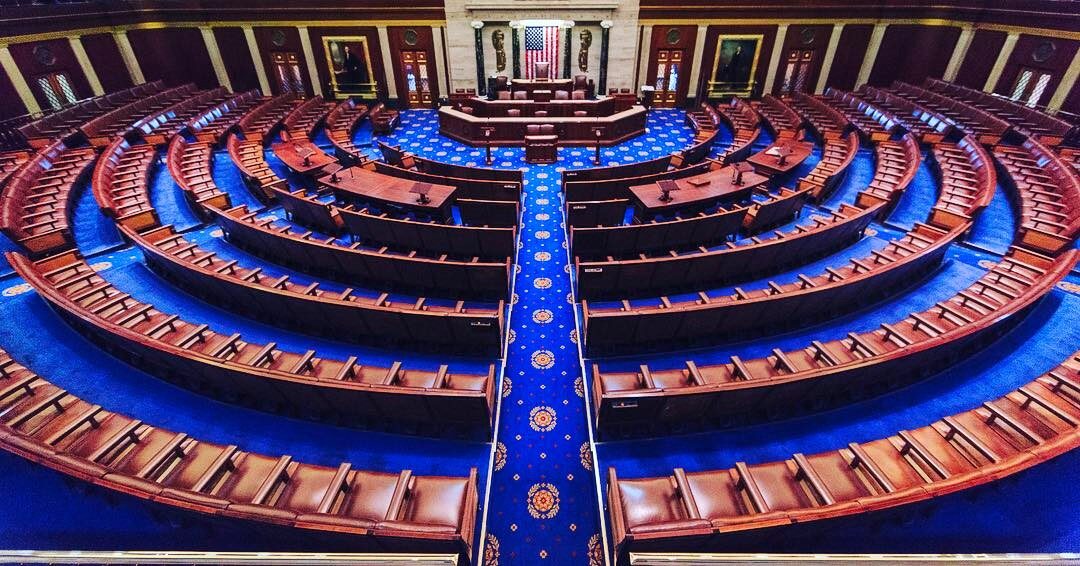Clean energy advocates in the Consumers Energy rate case called on the Michigan Public Service Commission to conduct a new Value of Solar study to determine a fair rate for energy that customer-owned solar systems provide to the electric grid. Consumers Energy wants to cut the price paid for solar energy that homeowners and small businesses send back to the grid. Will Kenworthy, regulatory director at Vote Solar: “Michigan residents shouldn’t have to rely on inherently biased monopoly utility valuations that short-change solar producers.” Source: Environmental Law and Policy Center
Vectren’s proposal would not adequately compensate Indiana customers with solar power as state law requires, the Office of the Utility Consumer Counselor said in testimony filed with the Indiana Utility Regulatory Commission (IURC). Customers currently are credited at retail rates for the electricity they send back to the power grid, an arrangement called net metering that will be phased out beginning in 2022 under an Indiana law signed by Gov. Eric Holcomb in 2017. If the IURC approves the request, Vectren customers who install solar power after Dec. 31 would no longer be credited at a retail rate for the excess power they generate. Instead, customers now being credited up to 15 cents per kwh of electricity would instead be credited about 3-4 cents per kwh. Source: The Wilton Bulletin
Amidst blackouts, wildfires, Covid setbacks, CPUC takes up utility-led effort to slow adoption of local solar-plus-storage: The California Public Utilities Commission opened its proceeding to consider modifications to the foundational policy for distributed solar-plus-storage, Net Energy Metering (NEM). “Solar and storage companies, still struggling to recover from Covid-19, are bracing for a utility-led effort to turn the lights off on the future of rooftop solar and garage batteries,” said Bernadette Del Chiaro, executive director of the California Solar and Storage Association (CALSSA). The last time the CPUC took up this policy was in 2016 with the “NEM 2.0” decision that gave utilities a win, reducing the rooftop solar market by more than 1,000 MW over the following four years. Source: Bernadette Del Chiaro, CALSSA
Unplugged — how the gas industry is fighting efforts to electrify buildings: Last year, Berkeley, California, passed a first-in-the-nation ordinance prohibiting natural gas hookups in new buildings, a move that alarmed the gas industry. This alarm has since boiled over into an opposition campaign to counter the rising tide of similar measures meant to restrict gas in favor of constructing all-electric buildings and cutting carbon pollution. Initiatives are starting to emerge at the local level on the West Coast and in the Northeast to support this transition. The gas industry, wary of a direct threat to its business, is pushing back against building electrification policies. CIC’s reporting reveals “underhanded tactics including astroturfing, cynical marketing campaigns targeted at millennials and coordination with climate denier organizations.” Source: Desmog
$26 million solar farm to benefit Milo and Maine electricity consumers: Construction of a large solar farm is underway in Milo, Maine. When completed, the site will use approximately 67,000 fixed-tilt, bifacial panels. The town will benefit through lease payments it receives for use of the land and a percentage of the money earned by the sale of electricity. BNRG Maine, the developer is an offshoot of BNRG Renewables, a Dublin, Ireland-based solar developer and co-development partner on the Milo project with Dirigo Solar of Portland. BNRG purchased the Milo project last December. Source: Bangor Daily News
This content is protected by copyright and may not be reused. If you want to cooperate with us and would like to reuse some of our content, please contact: editors@pv-magazine.com.








By submitting this form you agree to pv magazine using your data for the purposes of publishing your comment.
Your personal data will only be disclosed or otherwise transmitted to third parties for the purposes of spam filtering or if this is necessary for technical maintenance of the website. Any other transfer to third parties will not take place unless this is justified on the basis of applicable data protection regulations or if pv magazine is legally obliged to do so.
You may revoke this consent at any time with effect for the future, in which case your personal data will be deleted immediately. Otherwise, your data will be deleted if pv magazine has processed your request or the purpose of data storage is fulfilled.
Further information on data privacy can be found in our Data Protection Policy.